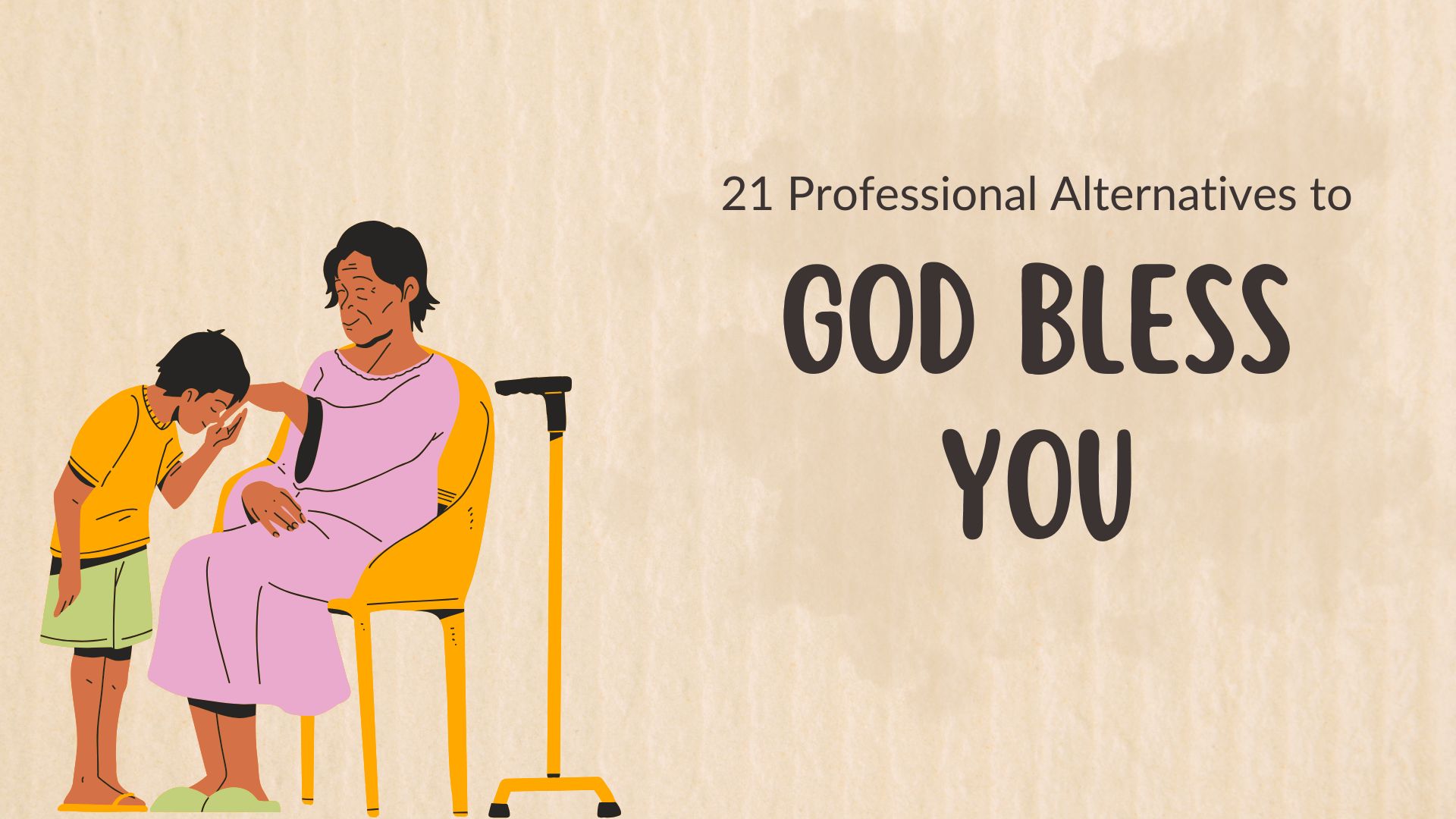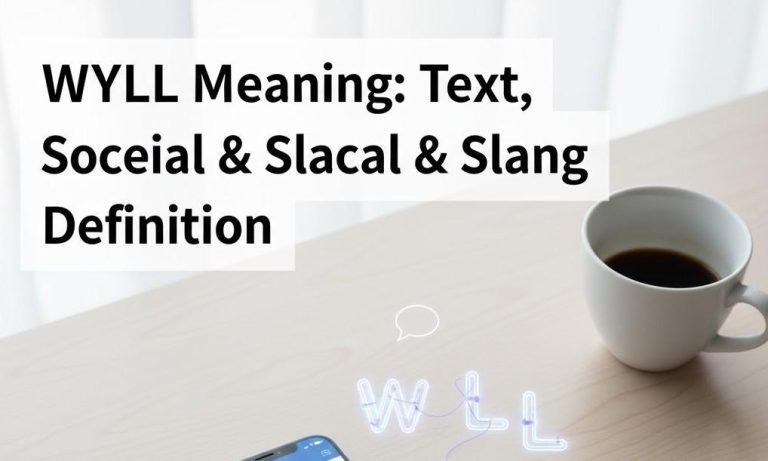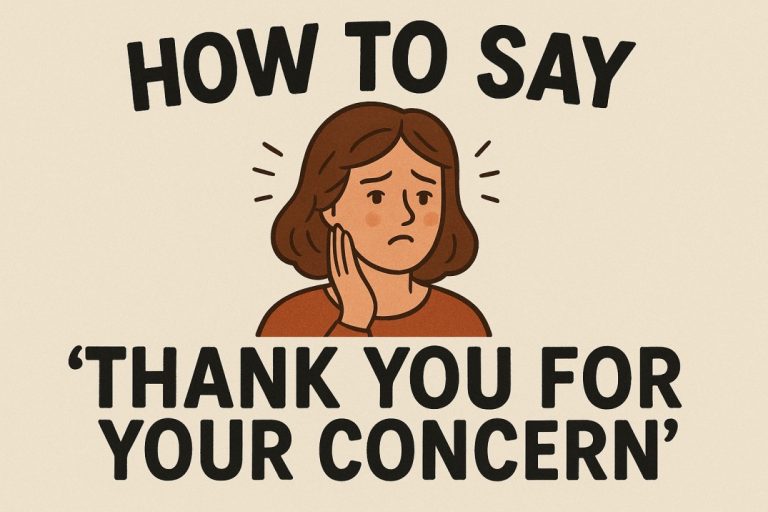25 Kind Ways to Say ‘God Bless You’ Without Sounding Too Formal
The phrase “God bless you” is a common response after someone sneezes. Most of us say it without thinking much, but have you ever wondered if there are more professional or formal alternatives to this expression? Whether in a business setting, during an important meeting, or in front of someone you don’t know well, saying “God bless you” might not always be appropriate.
In this article, we will look at the meaning of “God bless you,” when it is used, and explore 21 professional alternatives to consider. Plus, we’ll discuss some polite responses when someone says “God bless you” to you.

What Does “God Bless You” Mean?
The phrase “God bless you” has religious roots. It is typically used to express well-wishes or blessings for someone’s health or wellbeing, especially after a sneeze. The tradition dates back to the Middle Ages, when people believed sneezing might release evil spirits or signify illness. The phrase was meant to protect the person sneezing or to wish them good health.
While this phrase still carries that historical meaning for many, it has also become a standard social response. In modern society, it’s often seen as polite but can feel too informal or religious in certain situations.
When to Use “God Bless You”
The main time people use “God bless you” is right after someone sneezes. It’s a reflexive, kind gesture that acknowledges the sneeze and wishes the person good health. In some cultures, it is also used as an expression of sympathy or concern when someone seems unwell.
However, there are scenarios where using this phrase might not be appropriate. For instance, in a formal business setting, it might sound overly casual or too personal. Similarly, it might not be suitable in a workplace where religious phrases are avoided to respect diversity.

21 Professional Alternatives to “God Bless You”
When you want to remain polite without relying on a phrase like “God bless you,” here are 21 professional alternatives to use:
1. “Bless you”
Meaning: A shortened form of “God bless you,” commonly used in casual settings.
Explanation: This still expresses good wishes but without the religious connotation of invoking God.
Scenario Example: In a meeting when a colleague sneezes, you can say “Bless you” as a polite and neutral response.
Tone: Casual and polite.
2. “Take care”
Meaning: A well-wishing phrase.
Explanation: It suggests the person should look after their health or well-being.
Scenario Example: If someone sneezes and seems unwell, you might say, “Take care,” offering a caring but professional tone.
Tone: Friendly and considerate.
3. “I hope you’re feeling okay”
Meaning: A direct expression of concern for someone’s health.
Explanation: It shows genuine interest in the person’s well-being after they sneeze.
Scenario Example: After a coworker sneezes, you can ask, “I hope you’re feeling okay” if they seem unwell.
Tone: Thoughtful and empathetic.
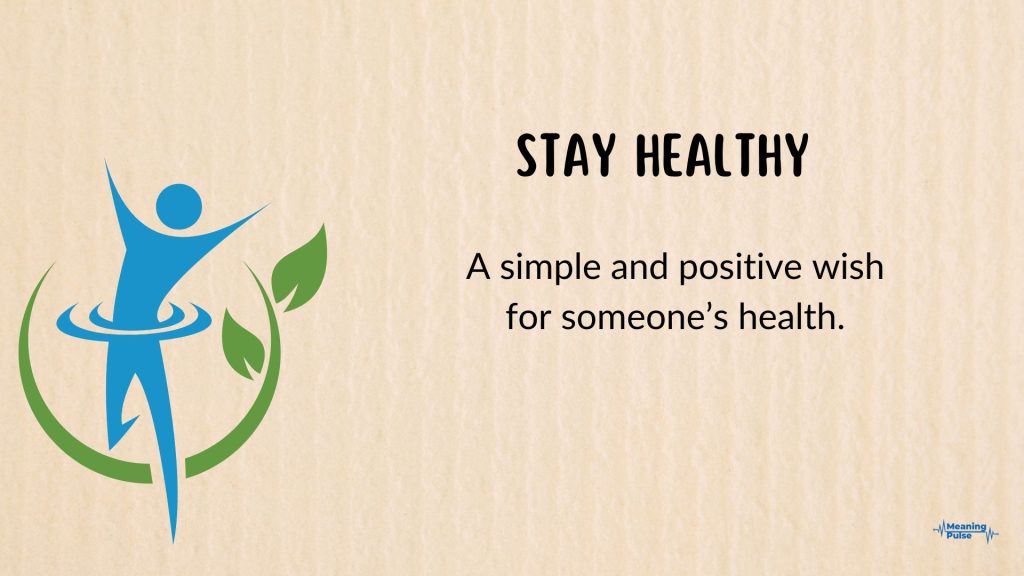
4. “Stay healthy”
Meaning: A simple and positive wish for someone’s health.
Explanation: This phrase is a professional and neutral way to show you care.
Scenario Example: In a workplace setting, after someone sneezes, you can say, “Stay healthy” to wish them well.
Tone: Professional and warm.
5. “Hope that’s not a cold”
Meaning: A lighthearted and casual way to wish someone well.
Explanation: It shows concern, especially if the person sneezes more than once.
Scenario Example: After hearing someone sneeze multiple times, you might say, “Hope that’s not a cold.”
Tone: Friendly and casual.
6. “Feel better soon”
Meaning: Wishing someone a speedy recovery.
Explanation: This phrase is ideal if the sneeze is followed by signs of illness.
Scenario Example: If a colleague sneezes and seems sick, you can say, “Feel better soon.”
Tone: Compassionate and sincere.
7. “I hope it’s just allergies”
Meaning: A gentle way to express concern about a sneeze.
Explanation: This suggests that you hope the sneeze is related to allergies, not illness.
Scenario Example: If someone sneezes frequently in a meeting, you could say, “I hope it’s just allergies.”
Tone: Lighthearted and friendly.
8. “Stay safe”
Meaning: A general expression of concern for health.
Explanation: A neutral phrase that can be used when someone sneezes, implying that you care for their well-being.
Scenario Example: During a flu season, after someone sneezes, you could say, “Stay safe.”
Tone: Professional and considerate.
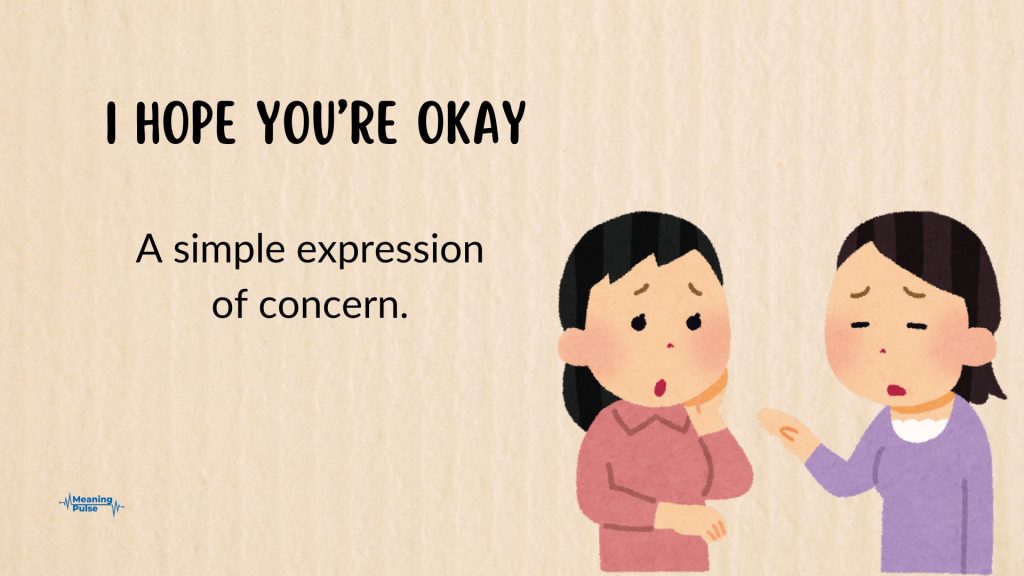
Explore This Topic: Creative Ways to Say ‘I Am Honored’: 21 Alternatives You’ll Love
9. “I hope you’re okay”
Meaning: A simple expression of concern.
Explanation: It shows empathy without being too personal or religious.
Scenario Example: If a colleague sneezes and looks a bit unwell, you might say, “I hope you’re okay.”
Tone: Caring and empathetic.
10. “Blessings to you”
Meaning: A positive and neutral alternative.
Explanation: This is a more formal way of saying “God bless you” without invoking religious language.
Scenario Example: In a business email, after someone sneezes, you can end with “Blessings to you.”
Tone: Formal and respectful.
11. “Wishing you well”
Meaning: A polite and neutral well-wishing phrase.
Explanation: This phrase is useful when you want to express goodwill without being overly informal or religious.
Scenario Example: After a sneeze in a formal meeting, you could say, “Wishing you well.”
Tone: Professional and considerate.
12. “Hope you’re feeling better”
Meaning: An expression of concern about someone’s health.
Explanation: You might use this if someone sneezes and shows signs of being unwell.
Scenario Example: If someone seems a bit sick, you can say, “Hope you’re feeling better.”
Tone: Sincere and thoughtful.
13. “Please take care of yourself”
Meaning: A caring phrase wishing someone well.
Explanation: It expresses concern for someone’s health in a more formal way.
Scenario Example: If a colleague sneezes several times, you could say, “Please take care of yourself.”
Tone: Formal and concerned.
14. “I hope you’re not catching something”
Meaning: An expression of concern about illness.
Explanation: This phrase suggests you hope the sneeze isn’t a sign of something more serious.
Scenario Example: After a colleague sneezes multiple times, you might say, “I hope you’re not catching something.”
Tone: Friendly and conversational.
15. “Hope you’re doing okay”
Meaning: A casual expression of concern.
Explanation: This is a good phrase to use in situations where you want to show care without being overly formal.
Scenario Example: After a coworker sneezes, you could say, “Hope you’re doing okay.”
Tone: Casual and friendly.
16. “Hope you stay well”
Meaning: Wishing good health.
Explanation: It’s a simple and polite phrase expressing the desire for someone’s continued health.
Scenario Example: After someone sneezes, you can say, “Hope you stay well.”
Tone: Friendly and polite.
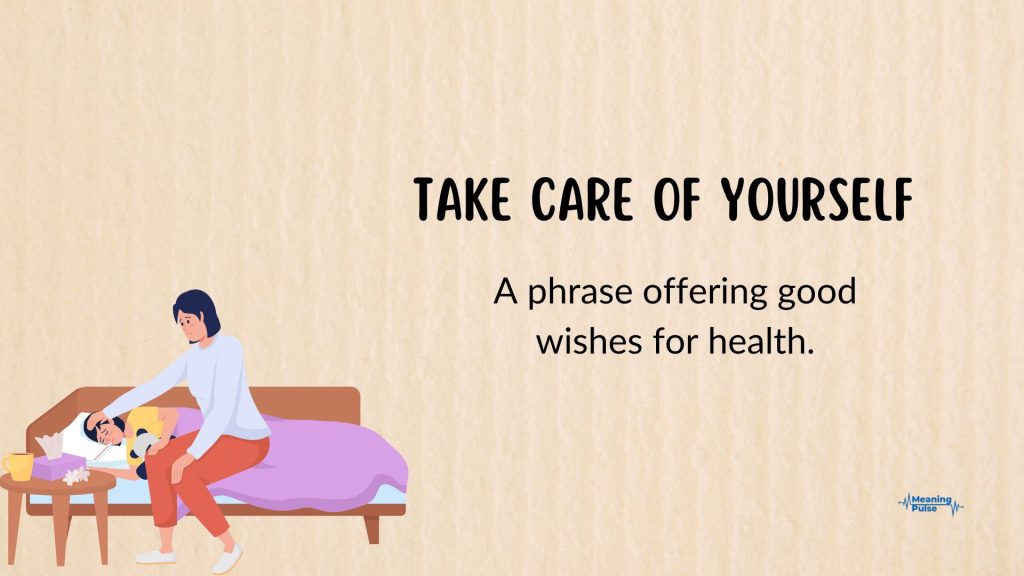
Check This Out: 21 Effective Ways to Say Thank You for Your Support and Encouragement
17. “Take care of yourself”
Meaning: A phrase offering good wishes for health.
Explanation: This is a polite and caring way to respond to someone sneezing.
Scenario Example: If someone sneezes and appears unwell, you might say, “Take care of yourself.”
Tone: Caring and respectful.
18. “Hope that passes quickly”
Meaning: Wishing someone a quick recovery.
Explanation: This is a good way to express your hope that whatever is causing the sneeze passes soon.
Scenario Example: After someone sneezes a few times in a meeting, you might say, “Hope that passes quickly.”
Tone: Casual and caring.
19. “Wishing you good health”
Meaning: A formal expression of care and good wishes.
Explanation: It’s a polite way of showing concern for someone’s well-being.
Scenario Example: After a colleague sneezes, you might say, “Wishing you good health.”
Tone: Formal and polite.
20. “I hope you’re feeling better soon”
Meaning: A phrase wishing a quick recovery.
Explanation: This is a more personal and caring response if you know the person isn’t feeling well.
Scenario Example: If a colleague seems ill after sneezing, you could say, “I hope you’re feeling better soon.”
Tone: Thoughtful and sincere.
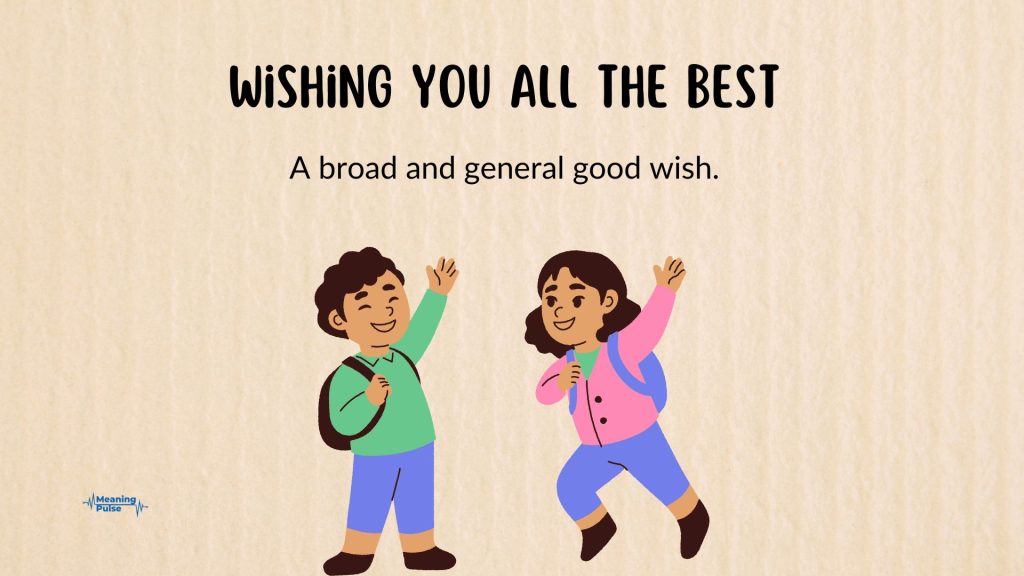
Don’t Miss This: “Sorry to Bother You” – Phrase Meaning, Examples & Use
21. “Wishing you all the best”
Meaning: A broad and general good wish.
Explanation: This can be used after someone sneezes to offer general well wishes.
Scenario Example: If someone sneezes during a meeting, you could say, “Wishing you all the best.”
Tone: Friendly and considerate.
Simple and Polite Responses to “God Bless You”
When someone says “God bless you” to you, you may not always know how to respond. Here are a few simple and polite responses:
- “Thank you.”
- “I appreciate it.”
- “That’s kind of you, thank you.”
- “Thanks, I’m fine!”
These responses are neutral, polite, and don’t require you to get too personal or religious.
Conclusion
While “God bless you” is a traditional and common phrase after someone sneezes, there are many professional alternatives that can be used in a variety of settings. Whether you want to keep things casual or formal, there’s a response for every situation. By considering the context, you can show kindness and concern without relying on religious expressions.

